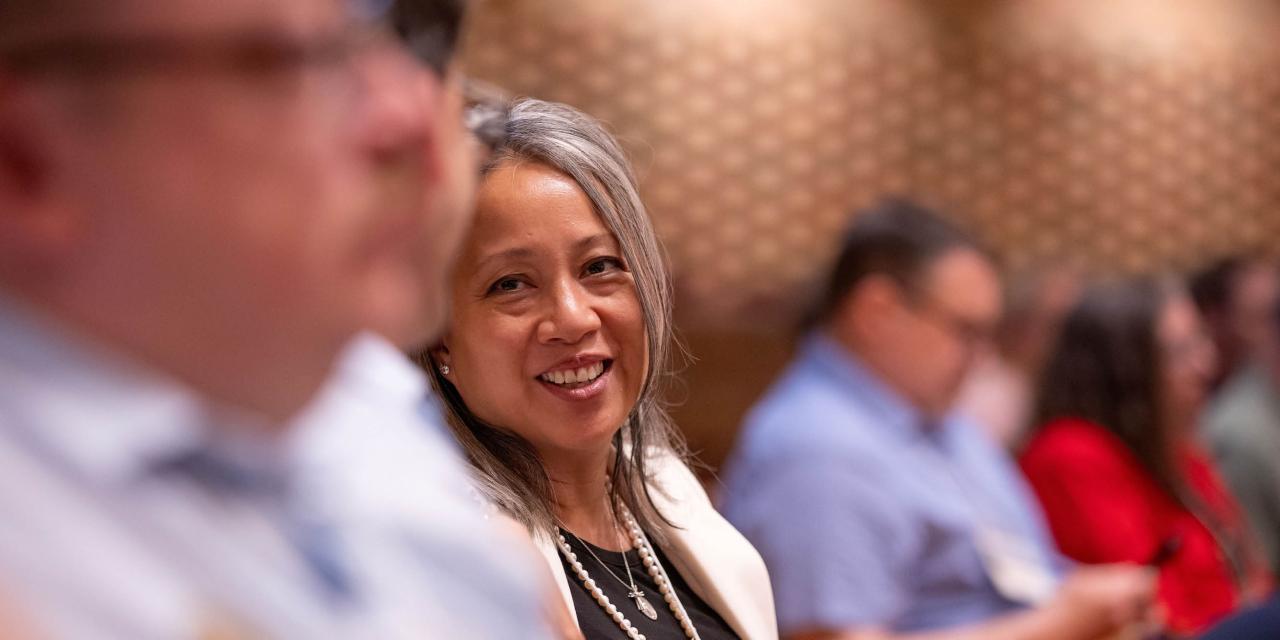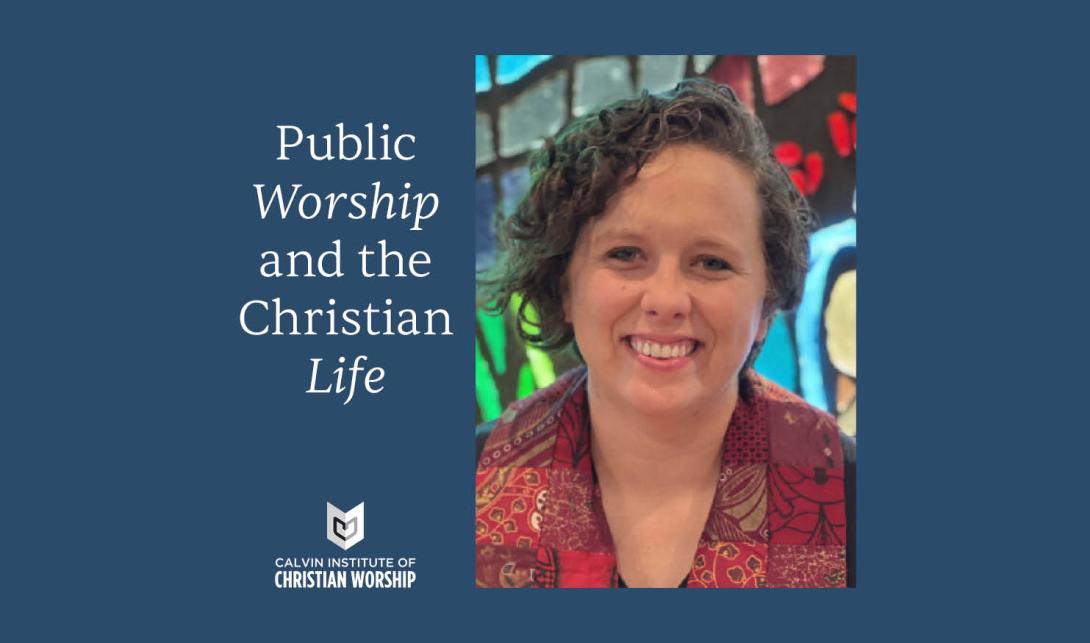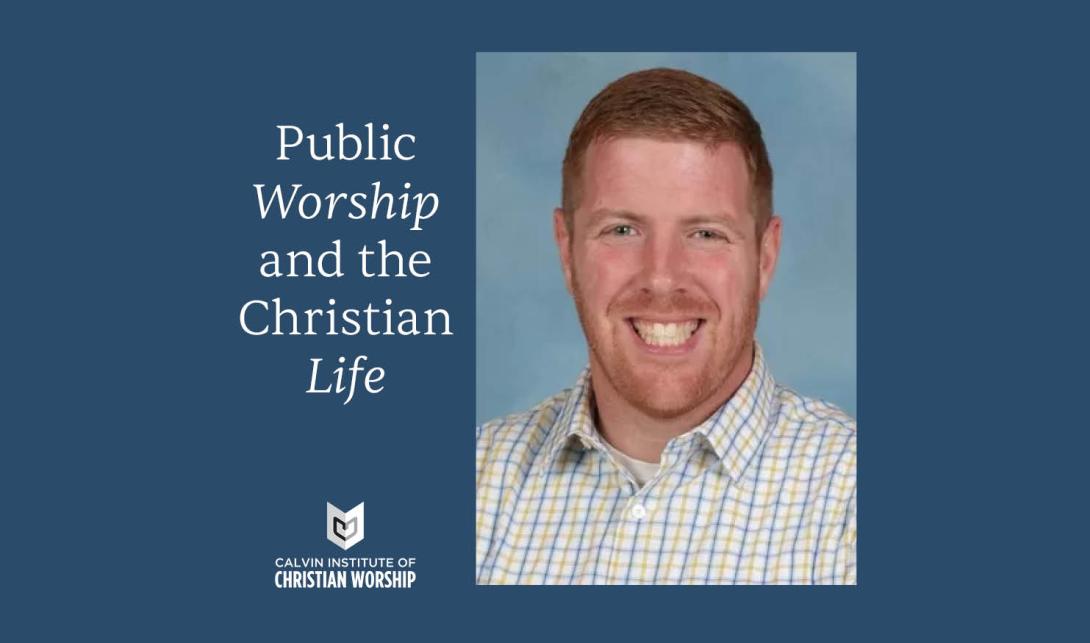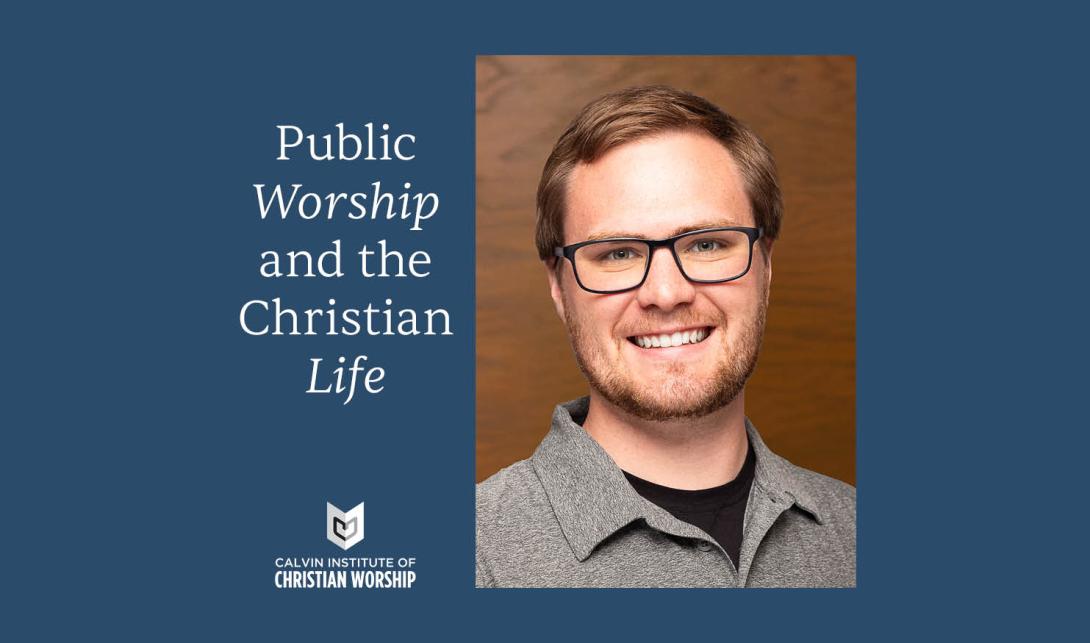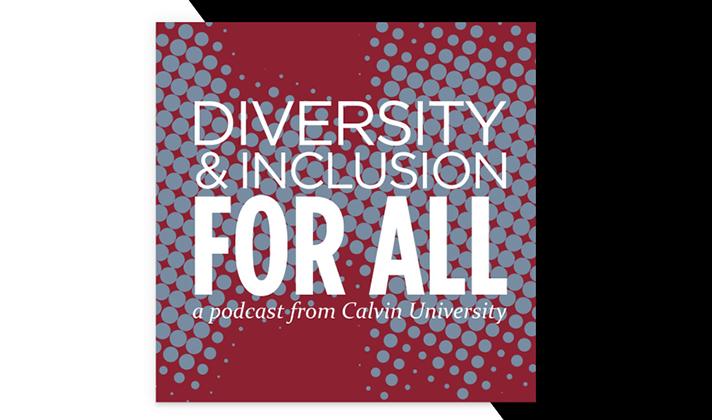Ben Dykhouse teaches computer applications and church history at Ontario Christian High School in Ontario, California. He also co-teaches a daily chapel class for the school’s weekly chapel worship.
The chapel leadership team reflects the diversity among the school’s 425 students, who come from 275 churches. Nearly 60 percent of students identify as bi-racial or non-white, including African Americans, Hispanics and international students from China, Korea and Vietnam.
But chapels themselves weren’t as multicultural as they could be, so Dykhouse led a worship renewal grant to start changing that. Here he explains why God cares about multicultural worship, and he describes a new prayer model that students learned from C. J. Kingdom-Grier, who gave a one-day workshop.
| Use this handout to create your own you-who-do-to-through prayers. Ben Dykhouse says the book Prayers of the People has been very helpful for planning prayers in multicultural worship. |
Also in this Series
- Ben Dykhouse on Being Uncomfortable in Multicultural Chapel Worship
- Ben Dykhouse on a Chapel Planning Process that Engages Students
- Increasing Participation in High School Chapel Services
- Chapel Planning: Asking the Right Questions
- Hannah Huisman on Teens Planning and Leading Church Worship
